Ad Maven's Archive
We are happy to share our knowledge in advertising and digital marketing.
Here you'll find our previous posts
MORE FROM OUR DIGITAL MARKETING POSTS
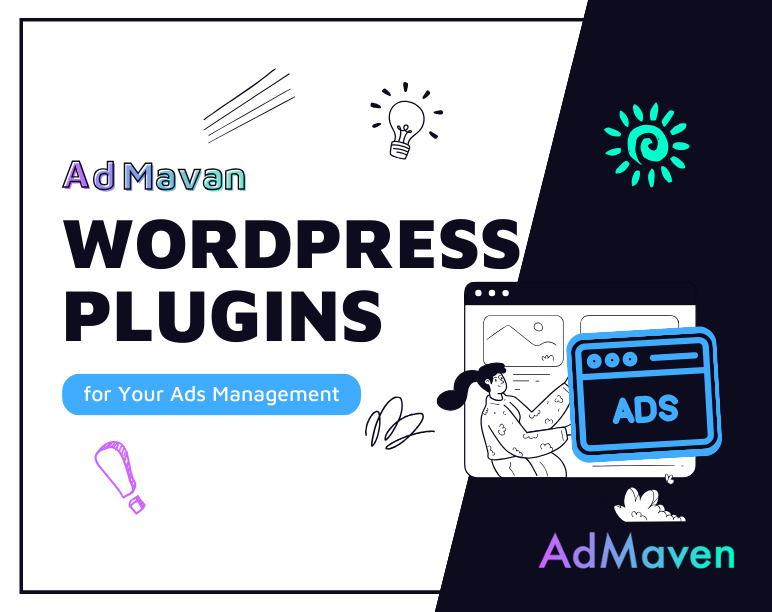 WordPress Monetization Plugins: Advertising Made EasyWordPress stands out as a great choice for publishers aiming to monetize their traffic. As the...
WordPress Monetization Plugins: Advertising Made EasyWordPress stands out as a great choice for publishers aiming to monetize their traffic. As the...2023-10-03
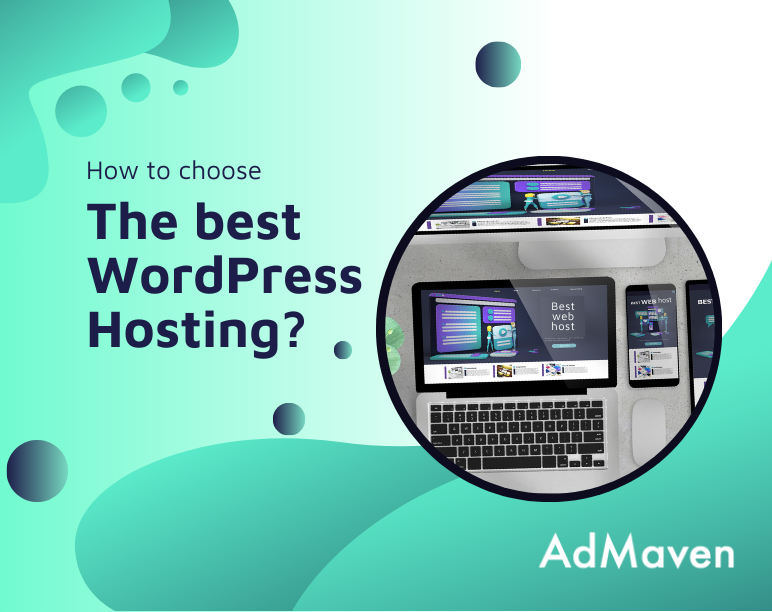 Choosing a Hosting Service for a WordPress SiteCreating and managing a website for monetization has become significantly easier since the...
Choosing a Hosting Service for a WordPress SiteCreating and managing a website for monetization has become significantly easier since the...2023-09-19
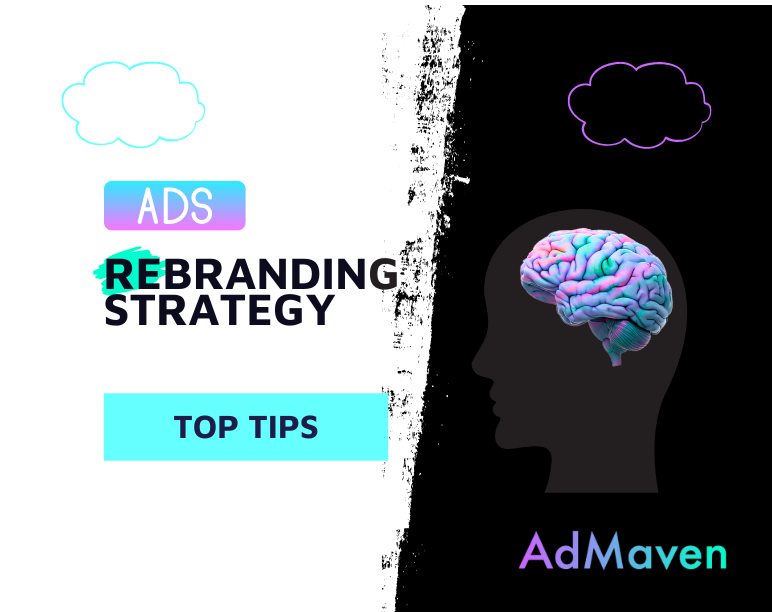 From Old to Gold: Digital Advertising Strategies for the Rebranding ProcessRebranding is a strategic pivot that businesses make to evolve in the market, realign with customer...
From Old to Gold: Digital Advertising Strategies for the Rebranding ProcessRebranding is a strategic pivot that businesses make to evolve in the market, realign with customer...2023-08-16
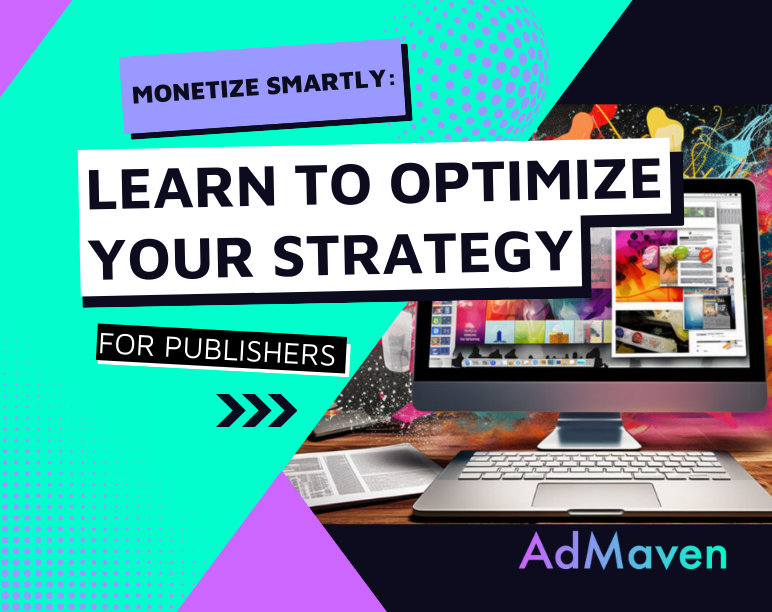 Website Monetization Mistakes and How to Avoid Them“The person who never made a mistake never tried anything new.” – Albert Einstein...
Website Monetization Mistakes and How to Avoid Them“The person who never made a mistake never tried anything new.” – Albert Einstein...2023-08-03
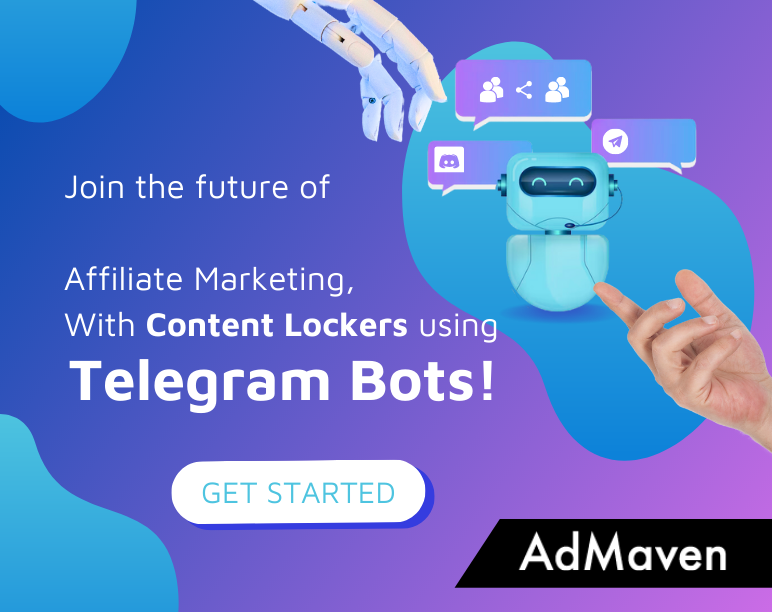 Using Telegram Bots for Affiliate Marketing and Content LockersWhat is a Telegram Bot? A Telegram bot is a software-based program designed to perform certain...
Using Telegram Bots for Affiliate Marketing and Content LockersWhat is a Telegram Bot? A Telegram bot is a software-based program designed to perform certain...2023-07-24
 Telegram: a Top Tool for Affiliate Marketing and PublishersA lot of you have been using Telegram as an instant-messenger platform, and maybe as a tool to look...
Telegram: a Top Tool for Affiliate Marketing and PublishersA lot of you have been using Telegram as an instant-messenger platform, and maybe as a tool to look...2023-07-05
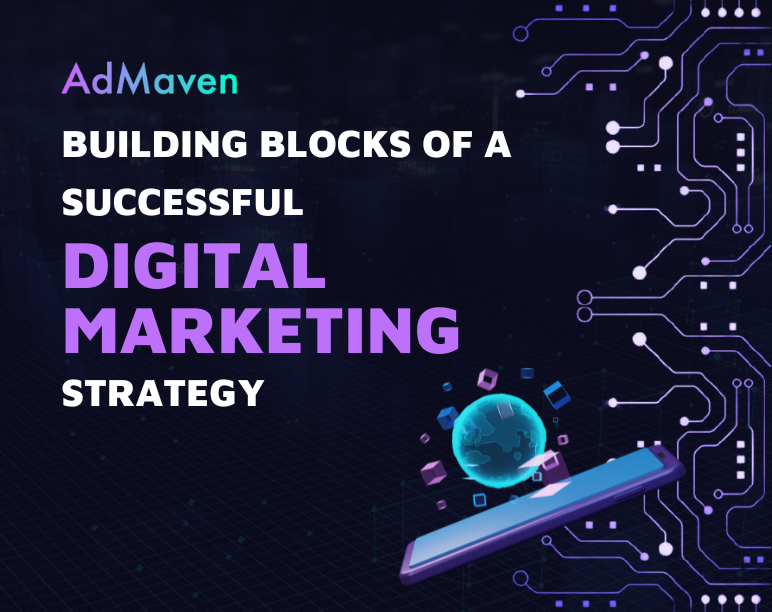 The Pillars of a Great Digital Marketing StrategyDigital marketing has become an inseparable part of modern business, acting as a critical element...
The Pillars of a Great Digital Marketing StrategyDigital marketing has become an inseparable part of modern business, acting as a critical element...2023-06-13
 Unlock Your Earning Potential: Make Money with Content LockersYou don’t even need a website (but it’s still cool if you have one). AdMaven offers you...
Unlock Your Earning Potential: Make Money with Content LockersYou don’t even need a website (but it’s still cool if you have one). AdMaven offers you...2023-05-03
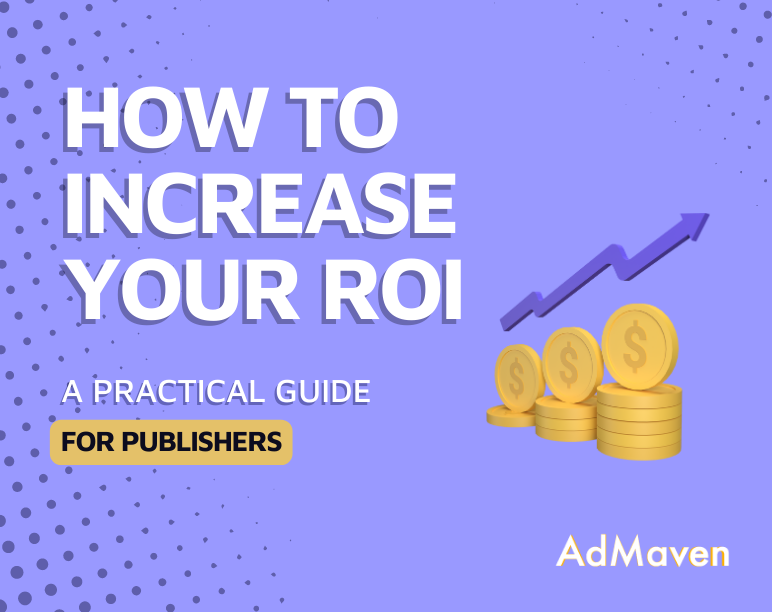 ROI Roadmap: Essential Tips for Publishers to Boost ProfitabilityAs a website owner or blogger, maximizing your Return On Investment (ROI) is crucial to ensure the...
ROI Roadmap: Essential Tips for Publishers to Boost ProfitabilityAs a website owner or blogger, maximizing your Return On Investment (ROI) is crucial to ensure the...2023-04-17
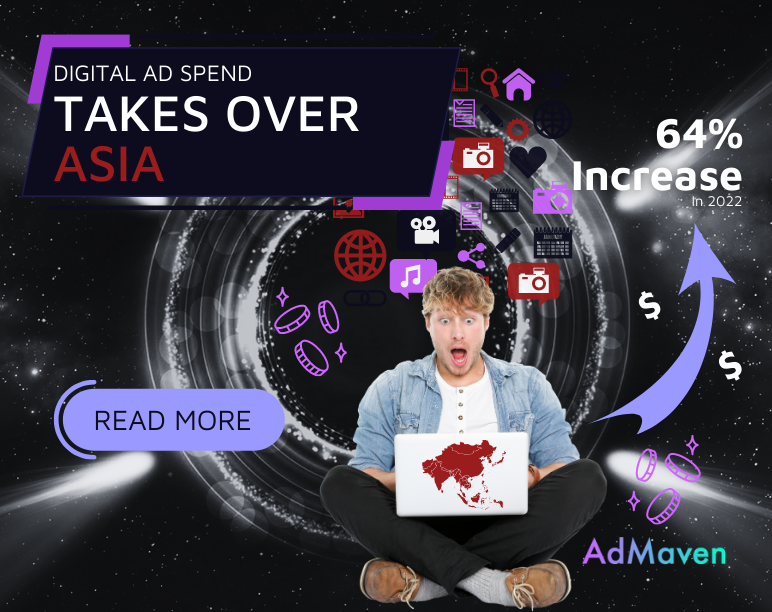 Digital ad spend in Asia jumped 64% in 2022Digital advertising in Asia saw a huge rise in ad spend during 2022. Advertising in Thailand,...
Digital ad spend in Asia jumped 64% in 2022Digital advertising in Asia saw a huge rise in ad spend during 2022. Advertising in Thailand,...2023-04-03
